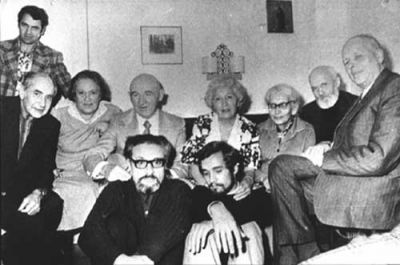
70’th jubilee of Petro Grygorenko. L to R: on the floor - G.Altunyan and A.Podrabinek, on the sofa: N.Meiman, S.Kalistratova, P.Grygorenko, Z.Grygorenko, N.Velikanova, S.Zheludkov, A. Sakharov. Moscow, 1977
At that time, human rights activists conducted petition campaigns: letters, statements, and appeals to various Soviet and international bodies about the human rights situation in the USSR, in defense of one repressed person or another, and so on. The collective signing of petitions became the main form of struggle against the regime. At the request of Petro Yakir, a member of the Initiative Group, H. Altunian and his friends agreed to sign an open letter to the Supreme Soviet of the USSR in defense of P. Hryhorenko and the Crimean Tatars, who were arrested in early May 1969. The letter was signed by 54 people, including from Ukraine Leonid Plyushch (Kyiv), Viacheslav Chornovil (Lviv), and Kharkiv residents—Henrikh Altunian, Volodymyr Ponomaryov, Vladyslav Nedobora, his wife Sofia Karasyk, Arkadiy Levin, his sister Tamara Levina, Semen Podolsky, Davyd Lifshyts, Oleksandr Kalynovskyi, and Lev Kornilov. As early as May 28, 1969, the Initiative Group sent a letter to the UN Committee on Human Rights, highlighting the human rights situation in the USSR. 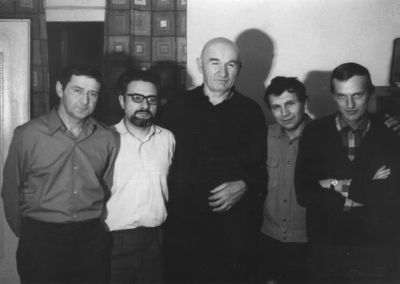
The meeting P. Grygorenko with friends in Kharkov in Nedaboras apartment. L to R: А.Levin, G.Altunyan, P.Grygorenko, V.Nedobora, V.Ponomaryov. Kharkiv, 1974
The Kharkiv signatories learned about this only from the “enemy voices.” To an unexpected question at work, “The ‘voices’ reported that you signed a letter to the UN?!” Vladyslav Nedobora replied, “If they reported it, it means I signed it.” The authorities could not forgive this “airing of dirty laundry,” and repressions began. Four Kharkiv residents—H. Altunian, V. Nedobora, V. Ponomaryov, and A. Levin—were sentenced under Article 187-1 to three years in general-regime labor camps. 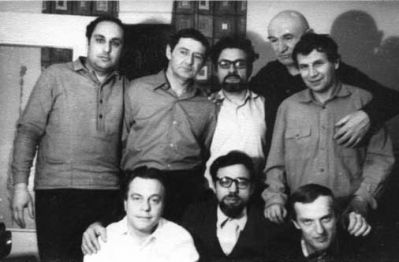
Meeting P. Grygorenko with friends in Kharkov in Nedaboras apartment. L to R Sitting: A.Kalynovsky, R.Kaplan, V.Ponomaryov. Standing: S.Podolsky, А.Levin, G.Altunyan, P.Grygorenko, V.Nedobora. Kharkiv, 1974
The remaining Kharkiv “signatories” received severe reprimands at work and were demoted. But, although it could have helped them, none of them renounced their signatures.
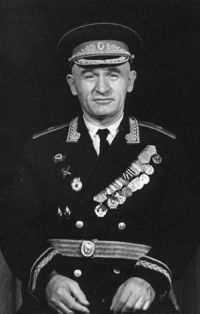
General Petro Grygorenko
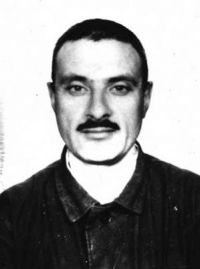
G.Altunyan in concentration camp - first term, Ingash, 1970
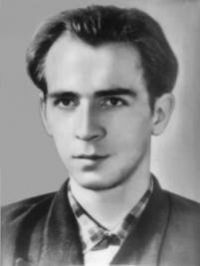
PLIUSHCH Leonid
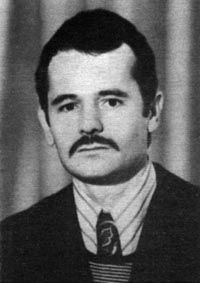
Mustafa Dzhemilev